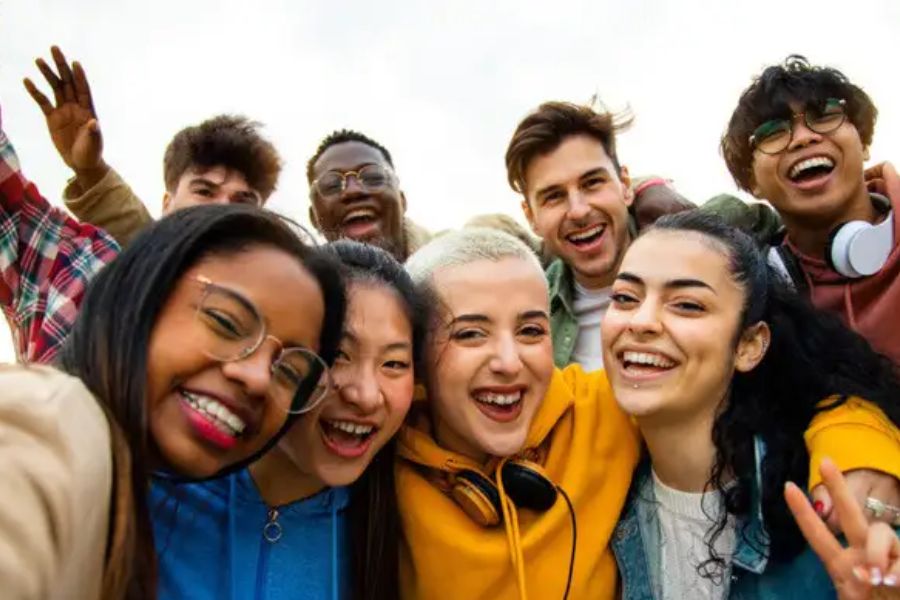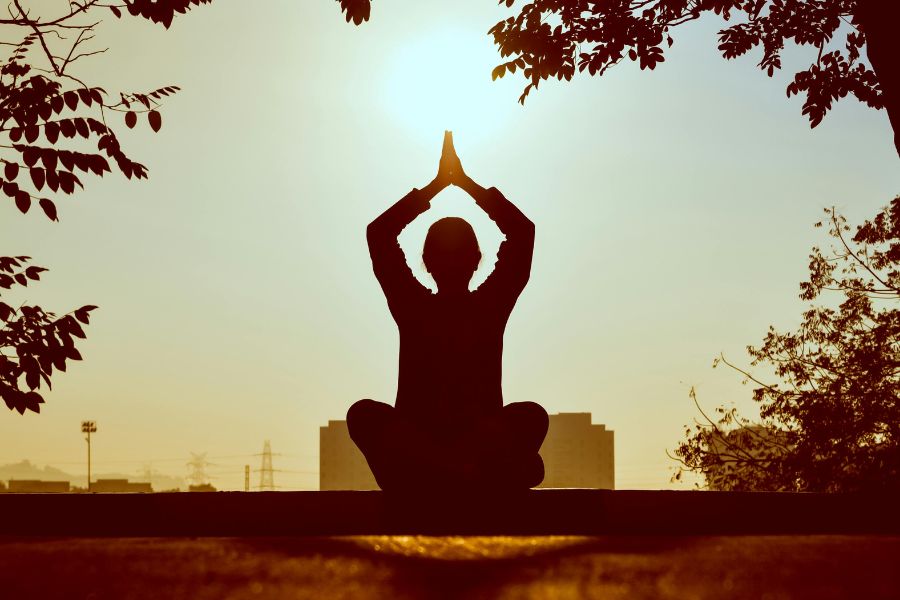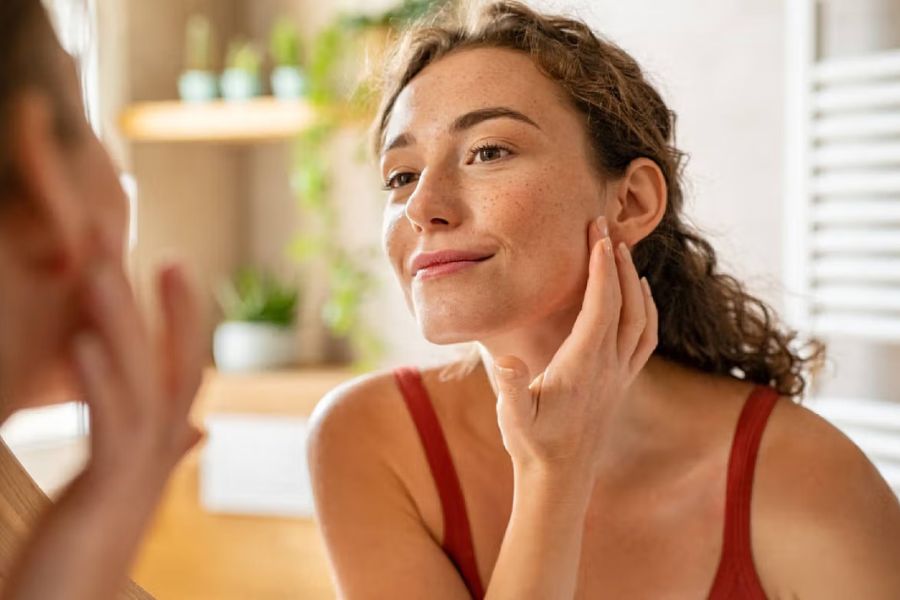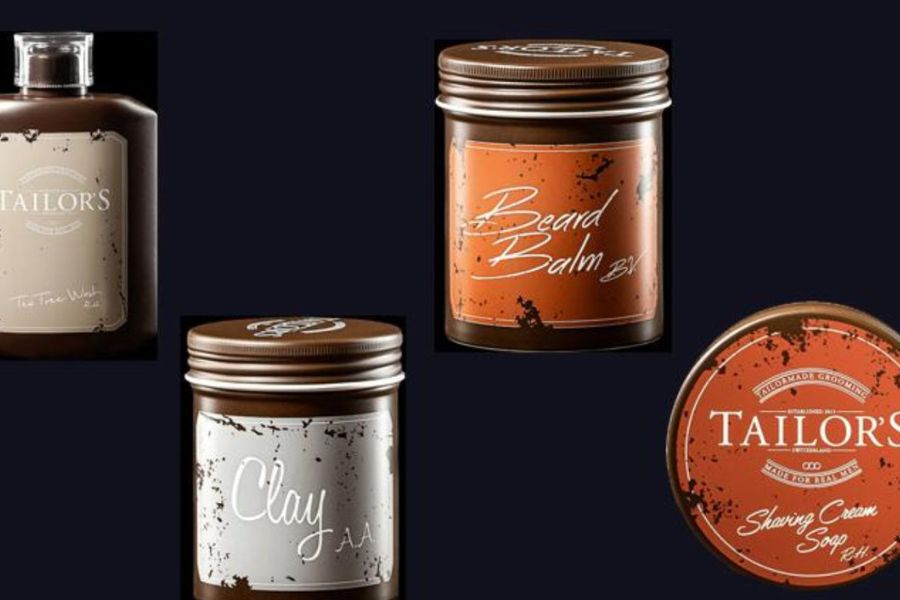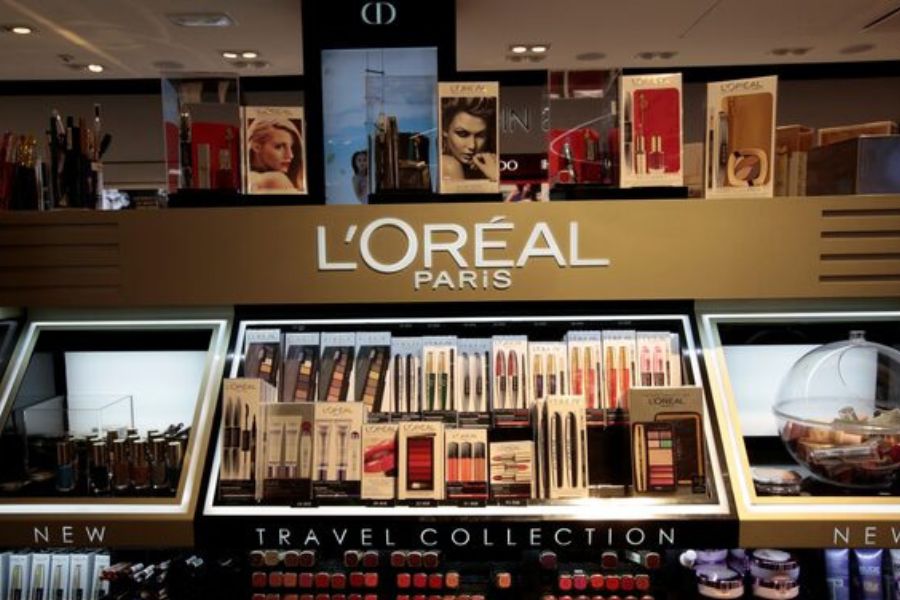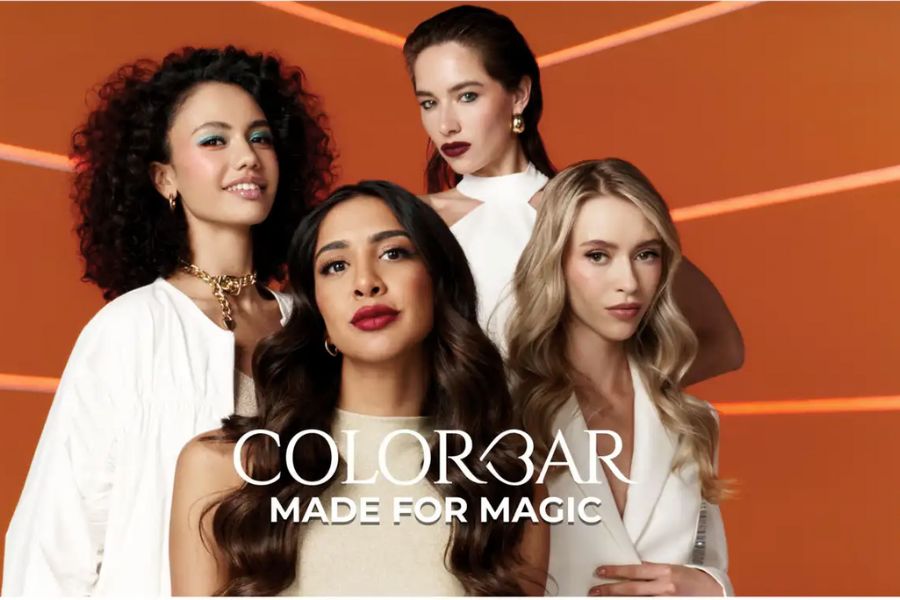Wellness is no longer an occasional indulgence for Millennials and Gen Z; it has become a fundamental part of daily life. A recent McKinsey & Company report surveying over 9,000 consumers across China, Germany, the UK, and the US reveal that these younger generations are significantly reshaping the global wellness economy.
Despite representing only 36% of the US adult population, they account for 41% of the country’s annual wellness spending. It used to be an optional lifestyle choice, but now it is deeply woven into their routines, signalling a cultural shift that prioritises proactive, holistic, and increasingly digital well-being.
Also Read: ColorBar Unveils New Campaign – #RevealYourMagic To Mark Brand Evolution
About the Report-
The report outlines how these cohorts are integrating wellness into every facet of their lives. Functional nutrition is one area that has seen remarkable growth, with a noticeable rise in demand for health-oriented food and beverage options. Consumers are more conscious of how their dietary habits influence long-term physical and mental health. Similarly, the lines between wellness and beauty continue to blur, as products like collagen supplements targeting skin, hair, and nails gain widespread appeal.
Healthy ageing is another category being embraced early. Younger consumers are no longer waiting for the signs of ageing to appear before taking action; instead, they are investing in preventive skincare to delay and minimise its effects. Experience-driven wellness is also seeing traction, with boutique fitness studios and curated retreats becoming increasingly popular for their immersive and personalised approach.
Also Read: Clinikally Launches ‘Clara’: An AI-Powered Skin Analysis Tool for Personalised Skincare
Weight management is evolving too, as traditional diet and exercise regimes are supplemented and sometimes replaced by medical solutions such as prescription weight loss drugs, which are being accepted more widely. Mental health and mindfulness have also emerged as central priorities. Stress reduction, emotional well-being, and mental resilience are being addressed through new behaviours and products.
While Millennials and Gen Z are leading the charge, wellness has become a cross- generational pursuit. From health-tracking devices and energy drinks to immersive retreats, consumers across all age groups are investing in holistic well-being. McKinsey concludes that this isn’t just a passing trend but a cultural transformation that prioritizes wellness as a must-have for the youth.

